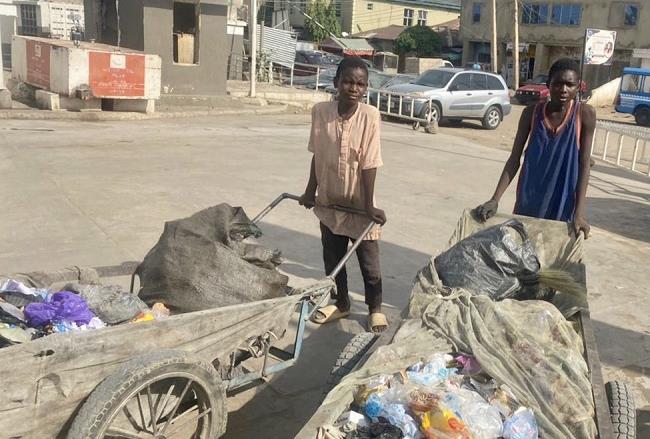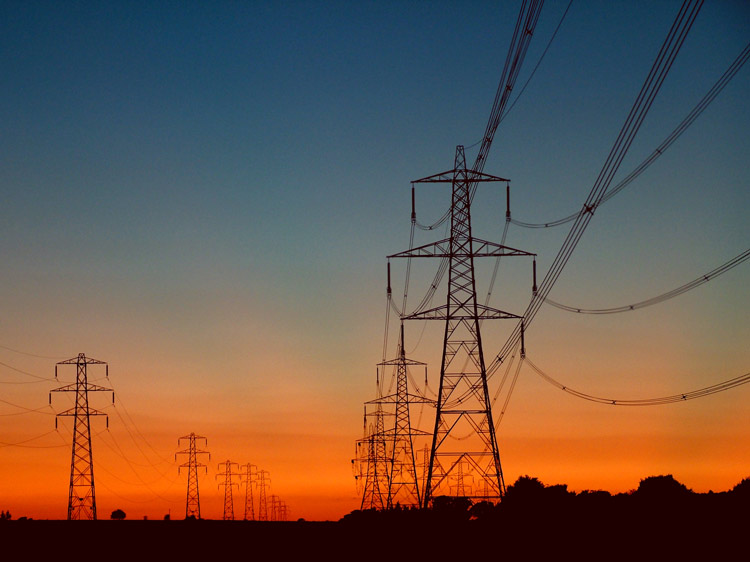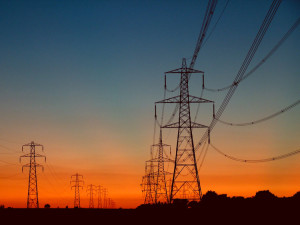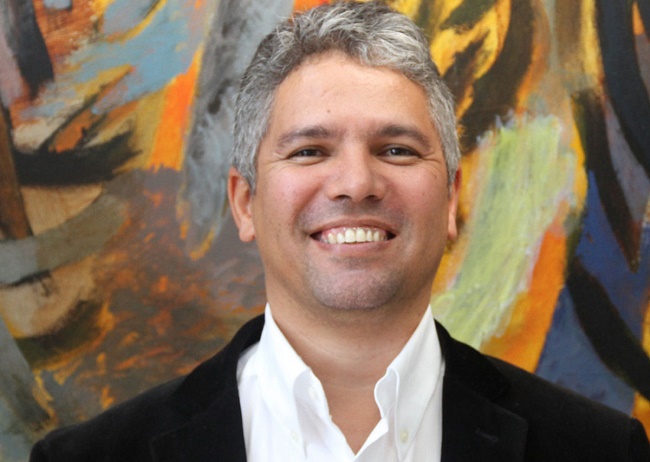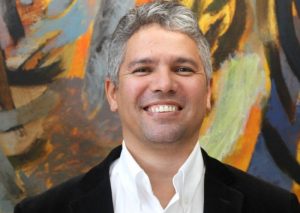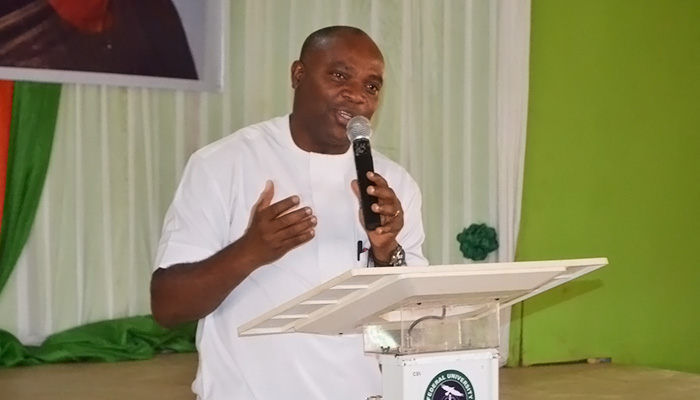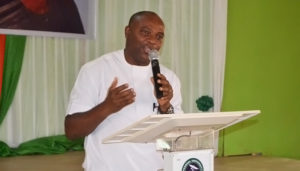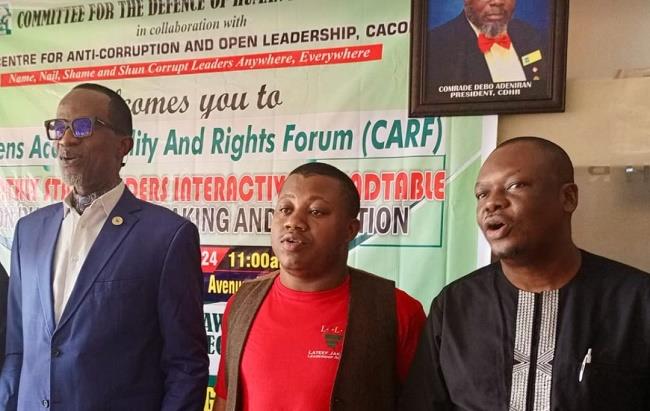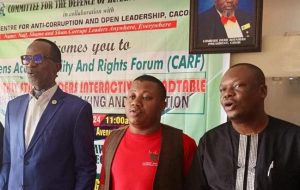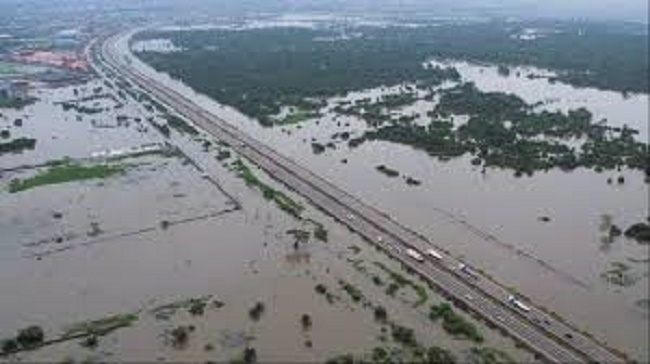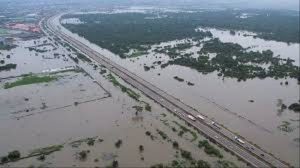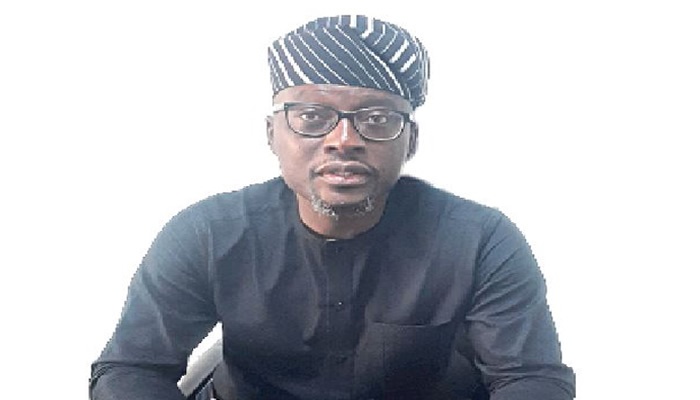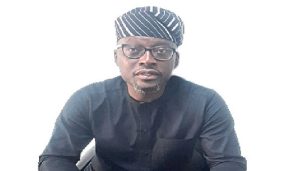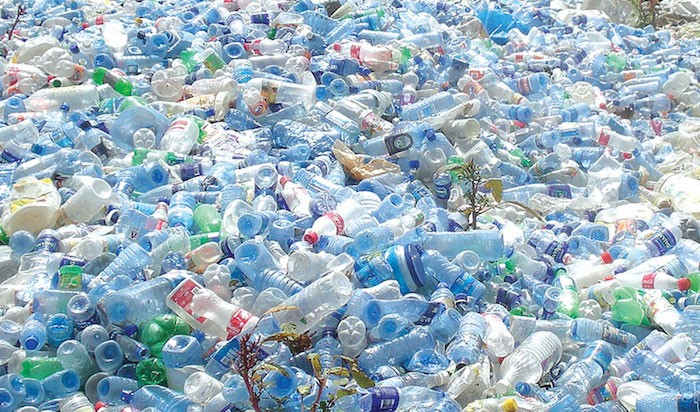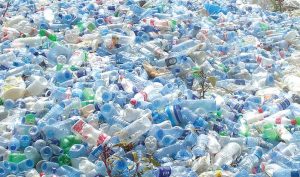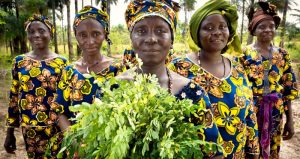Recently, the activities of informal waste collectors, also known as mai bola or mai shara, have come under heavy scrutiny by residents of the Federal Capital Territory (FCT).
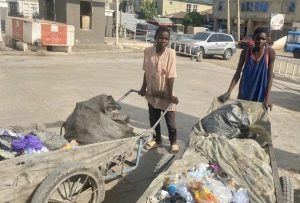
These waste collectors push their carts while announcing their presence to residents who either invite them in or take out their refuse for them to collect.
Mai bola is however not to be mistaken for scavengers, who go about collecting sellable waste items such as plastics, scrap metals, electrical appliances and vehicle parts.
While some residents, especially in FCT satellite towns, believe that these informal waste collectors are offering essential services, others worry that a good number of them disguise as waste collectors to engage in criminalities.
A resident of Karu, a suburb of Abuja, who simply identified herself as Mrs Aliyu, agreed that informal waste collectors offer essential services.
“Without them, how do we dispose of our refuse? Unlike the city centre, there are no formal provisions for waste collection here, so what should we do but patronise them?” she asked.
Other residents say the fact that those informal waste collectors exist points to the failure of an efficient waste management system within the FCT, especially in satellite towns.
They say mai bola exists because the Abuja Environmental Protection Board (AEPB), the agency charged with the responsibility of the protection and management of the FCT environment, has not been very effective.
“Even in town, where AEPB’s presence is felt, they collect waste maybe once a week. Most times, waste bins are overflowing with refuse before they go to collect.
“Our situation is different in satellite towns. We don’t get to see them at all, but we have mai bola whom we see daily and hand our refuse to for a token,” a resident of Nyanya said.
These submissions mean that informal waste collectors are more readily available and therefore have taken over the responsibilities of AEPB in many parts of the FCT.
As essential as their services is to FCT residents unserved or underserved by the AEPB, many tread with caution when patronising them as a result of their tendency to engage in criminal acts.
Mr Abdul Hassan, a resident of Jikwoyi, another suburb of Abuja, said his experience with mai bola has made him place them under scrutiny each time they come for waste collection.
“Sometimes, when it is quiet, they enter into your compound unsolicited and if they find any valuable item, they will steal it. Even when you invite them, you have to be cautious.
“Some years ago, I invited one in, and before I went inside to bring his payment, he had stolen my wife’s masa pan and my children’s school shoes.
“As we don’t have other options than to patronise them, what I do now is to take the trash to them outside the gate to deny them access into the compound,” he said.
Perhaps the most worrying aspect of informal waste collectors’ activities is how they negatively impact the environment by how they dispose of the waste they collect from door-to-door.
Residents who use the services of informal waste collectors feel relieved each time their trash is collected, but do they ask: “Where do these wastes end up?”
Environmentalists say while there are three stages of waste management, residents seem to only care about the first stage which directly concerns them.
The first stage is the waste management in the area where it is generated, the second is the management of collection and transportation of waste.
The last stage is the management of waste at its final destination or dumping grounds.
The last two stages should be the responsibility of the waste management establishment: in this case, the AEPB.
There used to be four major waste disposal sites managed by the board located at Mpape, Gousa, Ajata, and Kubwa.
However, the Mpape, Ajata, and Kubwa disposal sites are reported to be closed as a result of stench, air pollution, and fire outbreaks.
So, where do informal waste collectors take refuse to? The answer is simple: illegal dumpsites.
One such dumpsite is located around Karu Village, where heaps of refuse not only put the health of residents at risk but also threaten the environment.
Once intolerable, the dumpsite is set on fire and stinking smoke clouds the entire area.
Sometimes, the Abuja Municipal Area Council deploys trucks to collect refuse from the site only for the heaps to reappear in a matter of days.
A report said although the burning of refuse is a common practice in the FCT, the practice is not done in a properly controlled manner.
Indeed, incineration in illegal dumpsites such as the Karu Village is often carried out by scavengers and residents.
The AEPB says its operations are hampered by the failure of residents to pay their subscription fees.
“We cannot continue to give free services; the services rendered are already subsidised because what we are charging are the rates of 2012 which are very old rates.
“It is highly subsidised and so we expect residents to pay,” the media quoted Mr. Osi Braimah, AEPB Director as saying.
To demonstrate that it means business, the board in last year arraigned 65 defaulters at a mobile courting sitting at Old Parade Ground, Area 10, Garki, Abuja.
The defaulters were arraigned for failure to pay the waste evacuation bill which is contrary to section 30 (4) of the Board Act.
Stakeholders say that as much as the AEPB lacks a proper waste management and recycling system, FCT residents will continue to patronise informal waste collectors.
The flip side is that their activities will continue to pose huge environmental, human health and safety risks.
By Kayode Adebiyi, News Agency of Nigeria (NAN)

